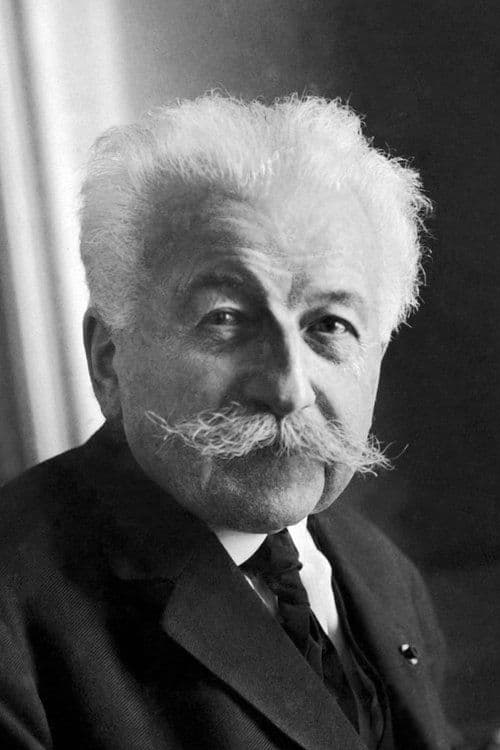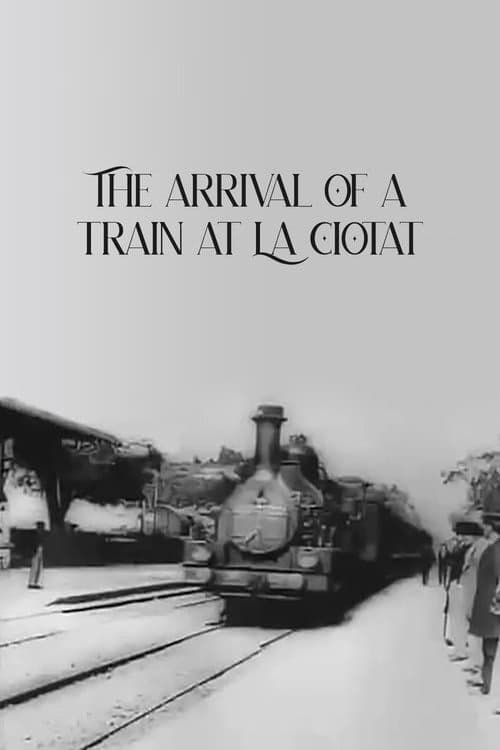
Auguste Lumière
Auguste Marie Louis Nicolas Lumière (Besançon, 19 October 1862 – Lyon, 10 April 1954) was a French inventor, chemist, and industrialist, primarily known for inventing the Cinématographe with his brother Louis. Patented in 1895, this device functioned simultaneously as a camera, projector, and printer, making possible the first paid public screening, held in Paris on 28 December 1895. Despite his success in the field of cinematography, his career was predominantly focused on biology and medicine. He founded the Laboratoires Lumière, dedicating his work to research on tuberculosis, cancer, and wound healing processes. Among his major medical achievements was the development of Tulle gras, a medicated gauze for the treatment of burns that is still in use today. For his significant scientific contributions in various fields, he was appointed a member of the French Academy of Sciences and awarded the prestigious honor of Grand Officer of the Legion of Honour.
